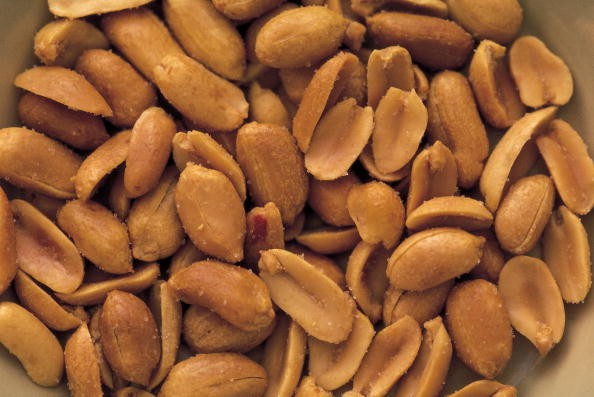
The conventional wisdom has been to keep all products that contain peanuts away from children who are at high risk for a peanut allergy. Yet the number of children with peanut allergies continues to rise. Now that American Academy of Pediatrics is recommending that infants at high risk of peanut allergies be given foods containing peanuts before they turn 1.
The new advice will be in a consensus statement that the academy prepared and endorsed along with the American Academy of Allergy, Asthma, and Immunology. Major allergy groups in other countries also took part in creating the consensus statement, which is intended to serve as interim guidance until more extensive guidelines can be created.
The change is because of a major allergy study that was published earlier this year that found that exposure to peanut products in infancy seemed to help build tolerance to peanuts.
For the study, researchers in Britain followed 640 babies, 4 months to 11 months old, who were considered to be at high risk of developing peanut allergies. One group avoided peanuts; the others ate a small amount of peanut protein or peanut butter every week. After 5 years, the group that ate peanut products had 81% fewer peanut allergies than the group that did not eat peanut products.
A baby is considered to be at risk for a peanut allergy if he or she has had an allergic reaction to eggs or had a severe case of eczema skin rash. The new guidance recommends allergy tests before exposing at-risk infants to peanut-containing foods between 4 months and 11 months of age.
Whole peanuts are a serious choking hazard in a baby. Peanut products and foods that are suitable for a baby include smooth peanut butter, peanut soup, or ground peanuts mixed into yogurt and other foods.
The consensus statement will be published on Aug. 31 online in the journal Pediatrics.



